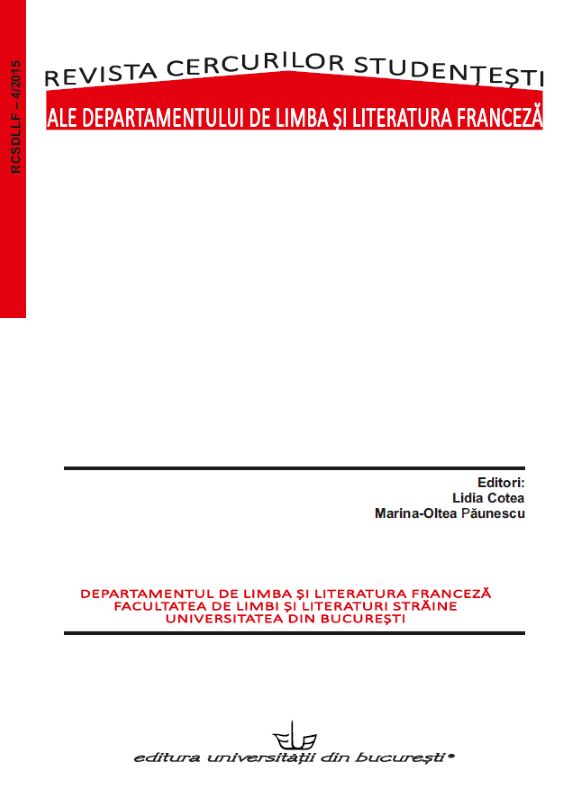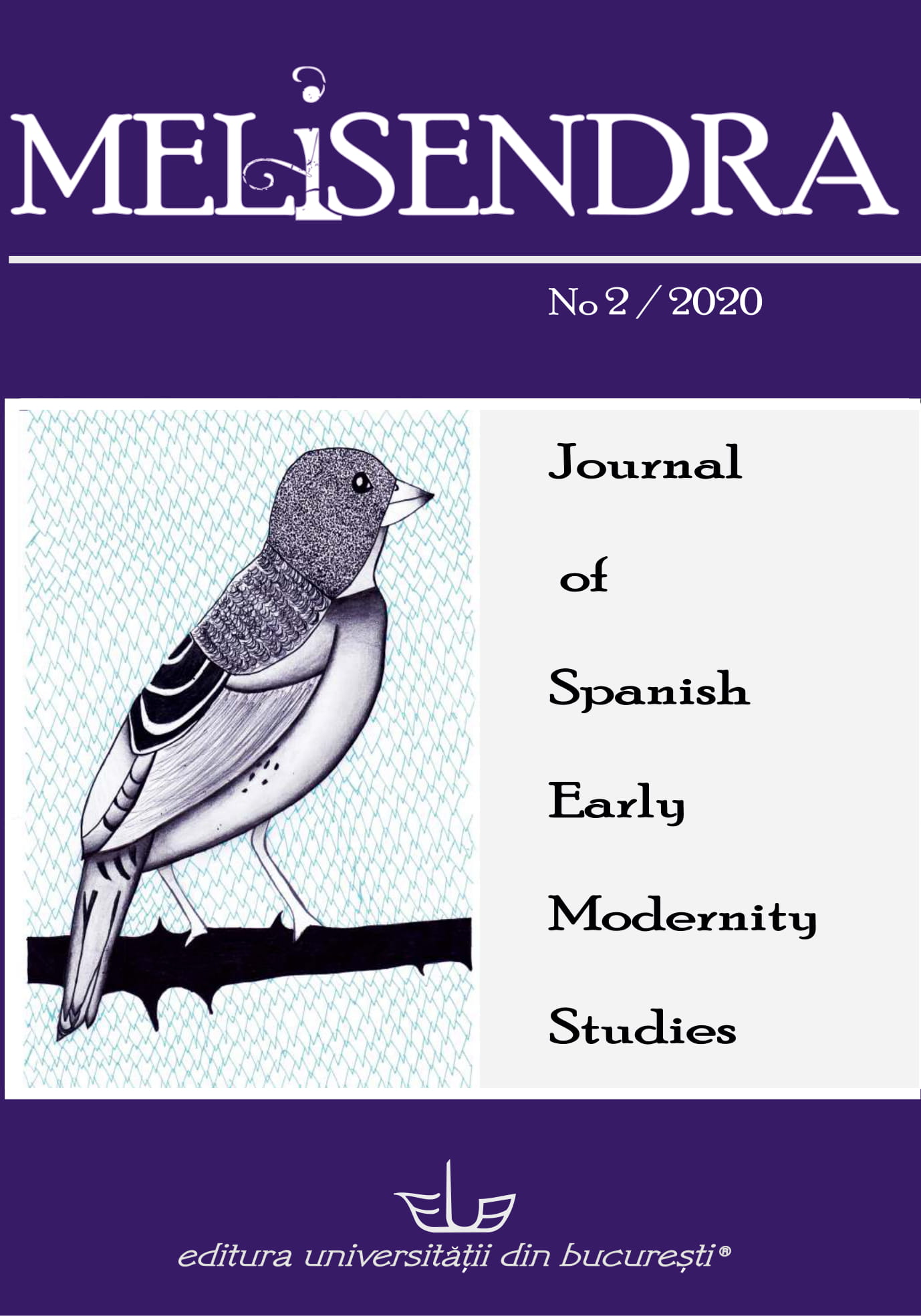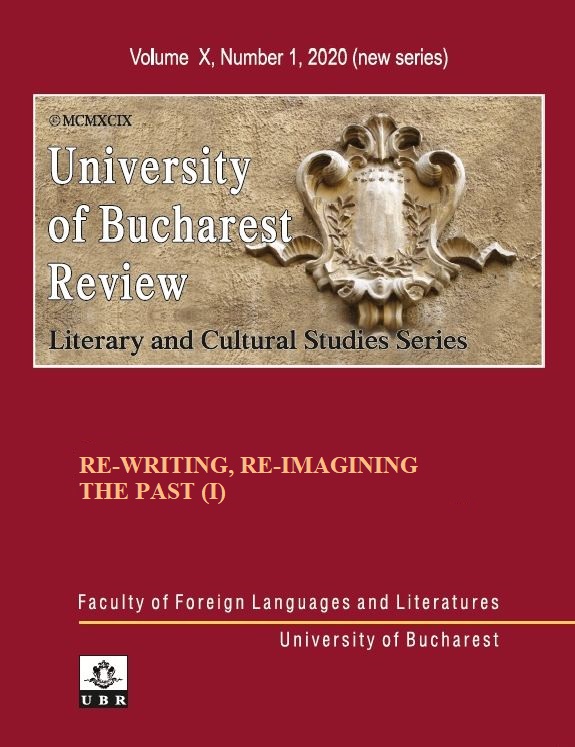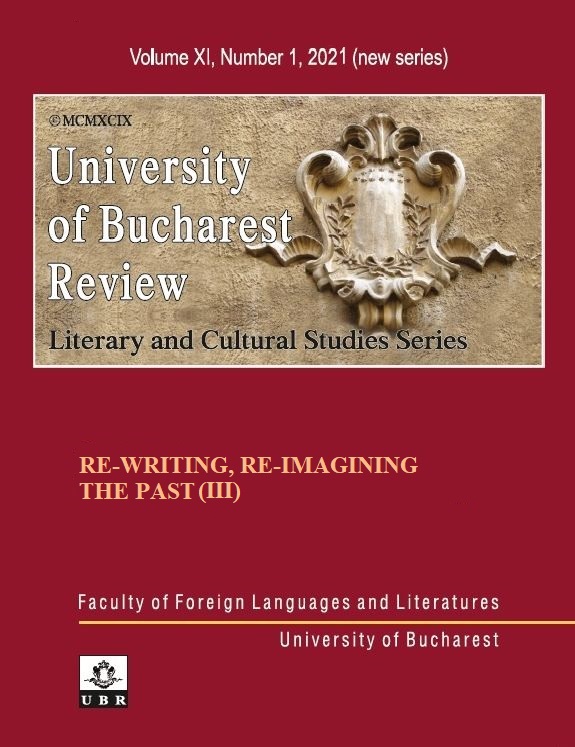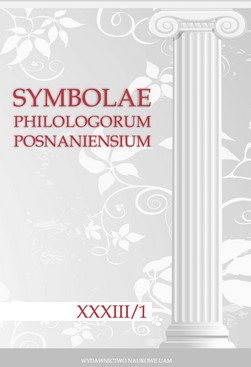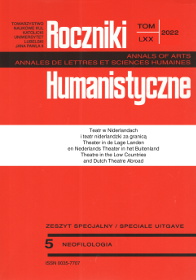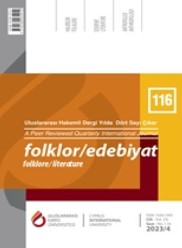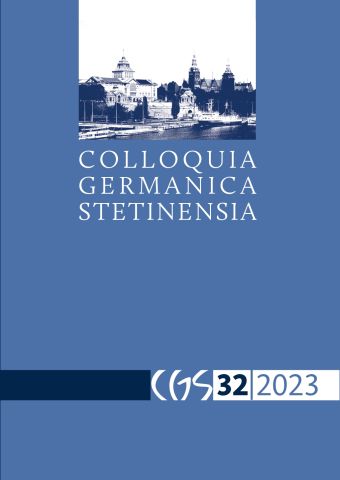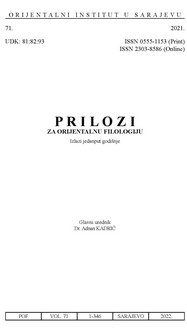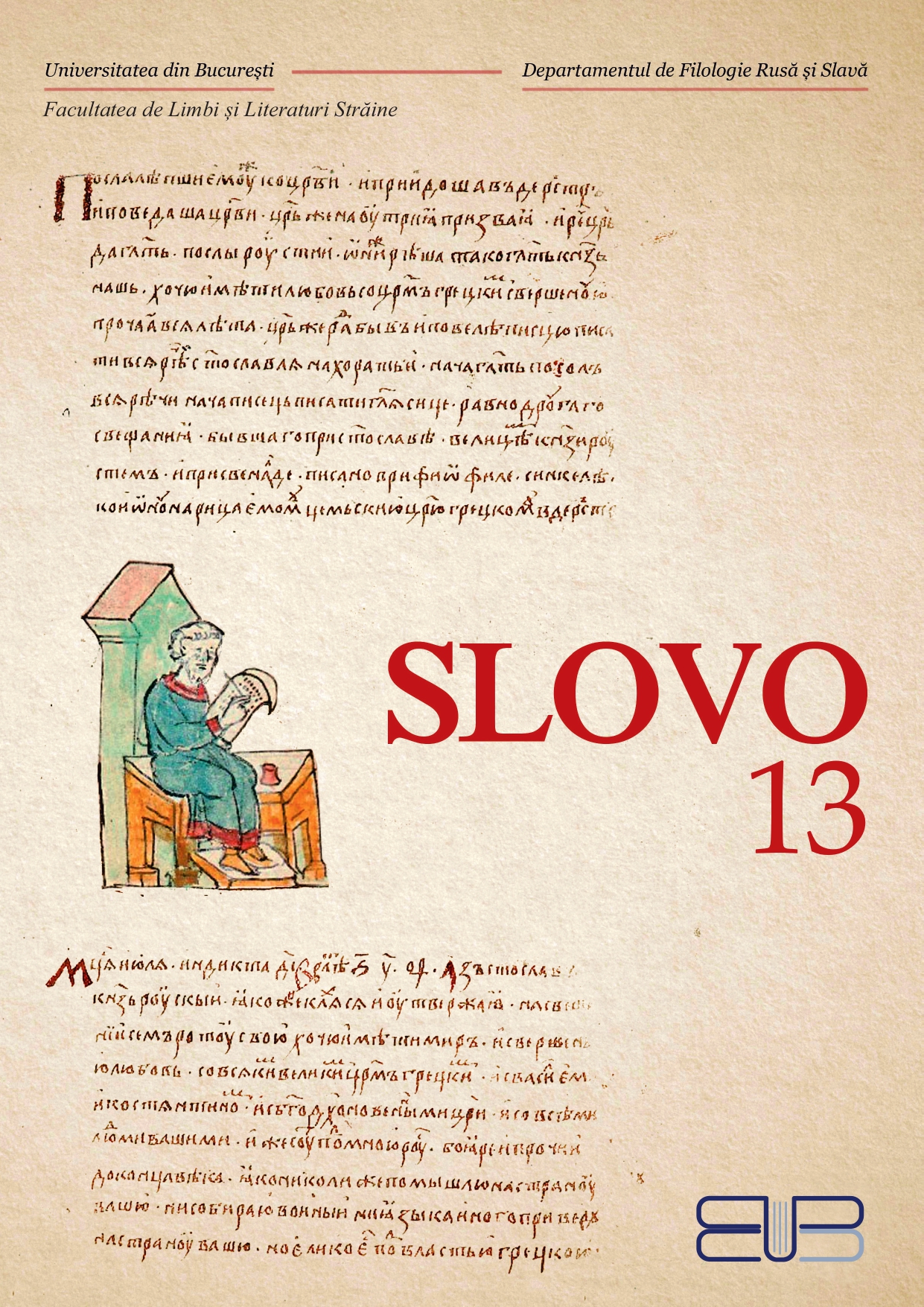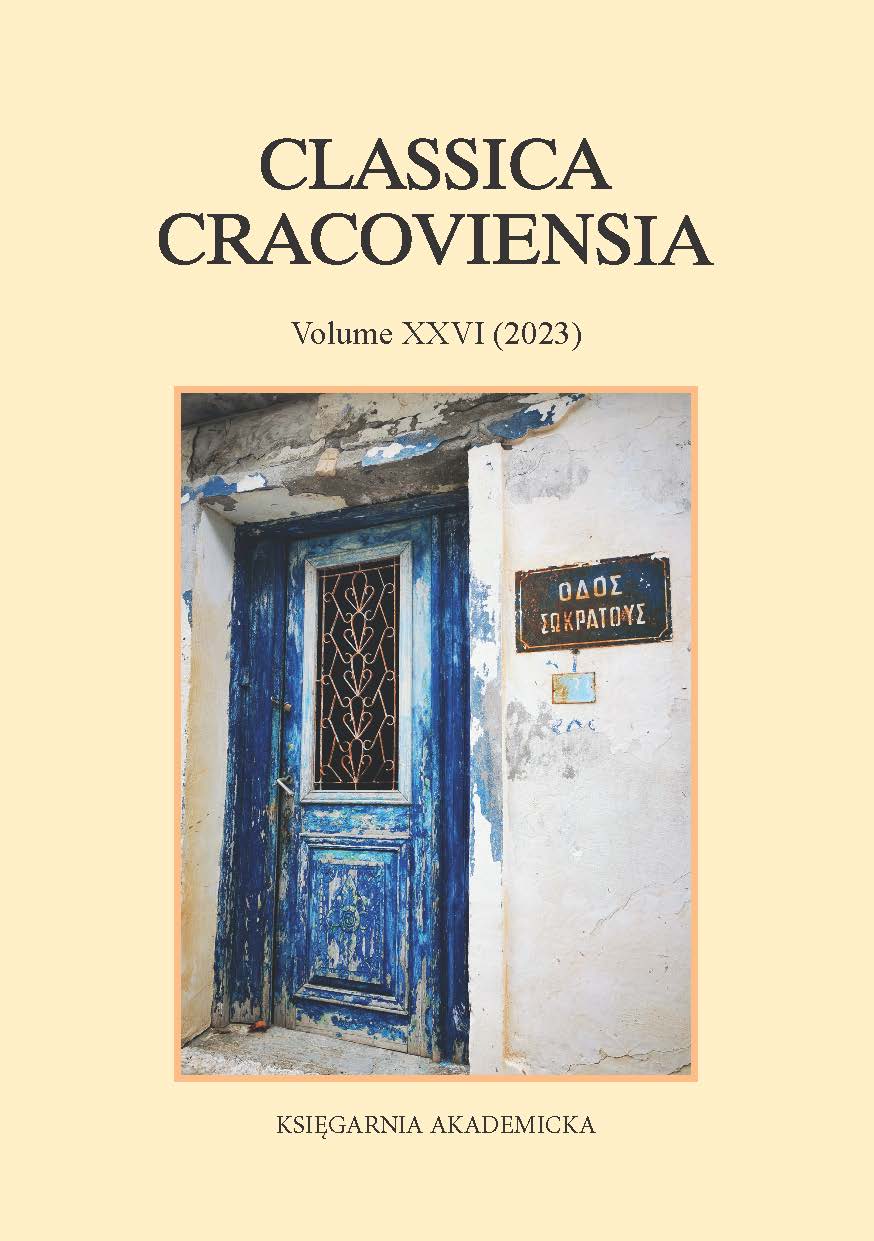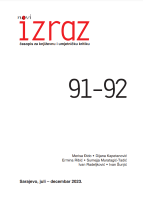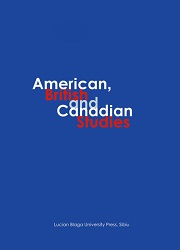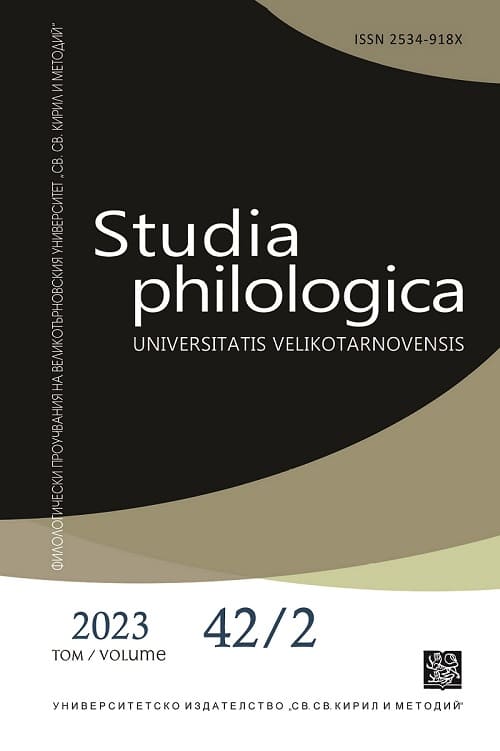Author(s): Anna Maria Wasyl / Language(s): Polish
Issue: 1/2023
Dracontius’s Satisfactio, though complex as a literary work, can be safely labelled ‘penitential elegy’. The term aptly indicates its metrical form as well as its major theme, i.e. the contrition of the sinner who recognizes his guilt before God and, in the second place, before the Vandal king Gunthamund. What is relevant is the fact that the poem is not merely composed in elegiac distichs, but also evokes motifs known from Ovid’s elegies, in particular the general literary situation of Tristia II, where the punished poet openly addresses his punisher, the princeps. Yet in the Satisfactio the final message is religious rather than (only) poetic or socio-political: Dracontius and Gunthamund are ‘fellow-Christians’ and ‘fellow-sinners’, who are therefore obliged to ask for forgiveness and forgive one another. Additional references to the Psalms and to King David doing penance reinforce the impression that it is the motif of penitence that stands at the core of the poem. In Polish scholarship, the very term ‘penitential elegy’ is quite frequently used in reference to a sub-genre (as it is seen) of Polish baroque poetry. I do not question the existence of such a sub-genre, but what I additionally hint at in my article is the essential difference between vernacular and Latin poetry. In vernacular poetry, the word elegy does not denote any specific metre and, consequently, is applied mainly metaphorically, as a synonym of a certain ‘mood’. In Latin poetry, however, ‘elegy’, meaning ‘automatically’ the elegiac distich, also means concrete intertextual associations, primarily with Ovid (precisely like in the Satisfactio). Hence, when used to describe Dracontius’ text, the label ‘penitential elegy’ reveals its full hermeneutic potential.
More...
